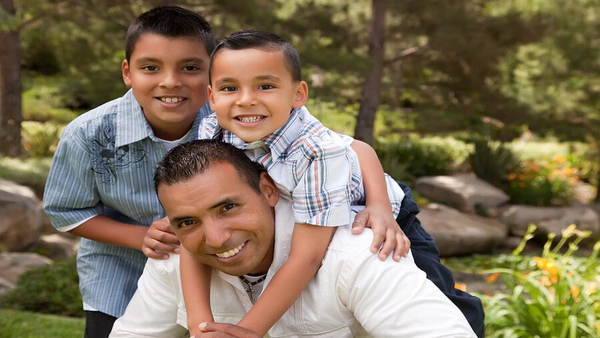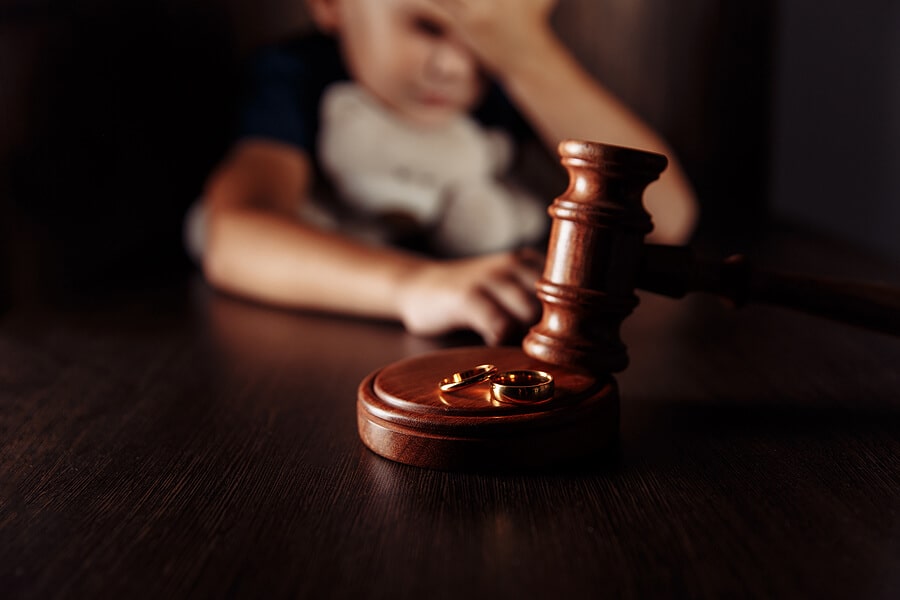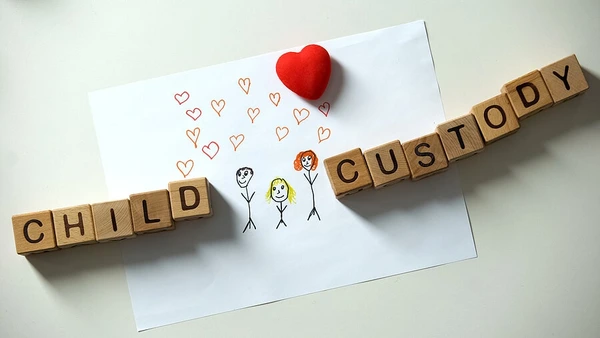Residence
A child’s living arrangement is legally known as ‘residence’. The arrangement that you come to with your ex-partner will depend on your individual circumstances and can change over time as your children get older.
Children usually benefit from having at least some contact with both parents. Contact might be for holidays, weekends, or just an hour or two each month. This can take the form of:
- Permanent or semi-permanent living
- Overnight stays
- Visits and meetings in a public place
- Phone calls
- Emails
If you are unsure of how best to arrange contact with your child’s non-resident parent, the National Association of Child Contact Centres (NACCC) runs a network of contact centres which provide safe, neutral spaces to meet.
Reaching an agreement with your ex-partner can be difficult, and you may require outside help if you cannot work together. We have made a list of the most common ways divorcing parents arrange contact with their children.
- Make a parenting plan
- Employ a solicitor
- Family mediation
- Apply for a court order
Make a parenting plan
If you and your ex reach an agreement on contact arrangements, you can document these in a parenting plan or visitation schedule. This will set out contact arrangements, as well as other childcare issues such as education and healthcare arrangements. The Children and Family Court Advisory and Support Service (CAFCASS) may be able to help you agree a parenting plan.
Employ a solicitor
If discussions with your ex break down, an experienced family law solicitor can help by negotiating contact arrangements on your behalf. Legal aid to use a solicitor is, however, only available in limited cases, so you will need to factor in the possible costs of using a solicitor. It may be worth checking whether a fixed-fee arrangement is available.
Family mediation
Family mediation can help you and your ex-spouse come to an agreement. Mediators are trained to talk with both parents and help them reach compromises for the benefit of the children. The price of mediation varies, but you might be able to get legal aid to pay for mediation if your income is low. A mediation agreement does not have legal force, but a solicitor can help you apply to court to make it legally binding. However, family mediation may not be suitable if there was a history of violence or abuse in your marriage.
Apply for a court order
If one parent is completely excluded from a child’s living arrangements, they can go to court for a contact order (sometimes called a section 8 order). Such an order requires a child to be allowed to visit or stay with their other parent, or at least have email or phone contact. The amount and type of contact will usually be specified in the order. However, you should bear in mind that you are not guaranteed to get your desired result by going to court. It can also be expensive and disruptive. The court will treat your child’s welfare as its priority, and although it will usually grant at least some contact, this is not always the case. If you are applying for such an order, it is important to receive good legal advice. This is also true if your partner is seeking a contact order, but you are not comfortable with their involvement in your child’s life.
What's the hardest age for children to see their parents split?
Divorce can be a challenging experience for children, and the impact varies depending on their age. Understanding the hardest age for children to witness their parents' separation is crucial for providing appropriate support and guidance during this difficult time.
What is therapy for children of divorced parents?
Therapy offers a supportive environment for children of divorced parents to process their emotions and experiences. Exploring the types of therapy available and their benefits can help in choosing the right approach for supporting a child's emotional well-being during and after the divorce process.
Will my kids be OK after divorce?
One of the primary concerns for parents going through a divorce is the well-being of their children. Addressing the question of whether kids can be okay after a divorce is essential in understanding the long-term effects and the steps parents can take to ensure their children's emotional health.
How do I cope with missing my child after divorce?
Coping with the absence of a child after divorce can be a heart-wrenching experience for parents. Discussing strategies and support systems to manage these feelings is vital for maintaining a healthy emotional state and continuing to provide love and support to the child.






